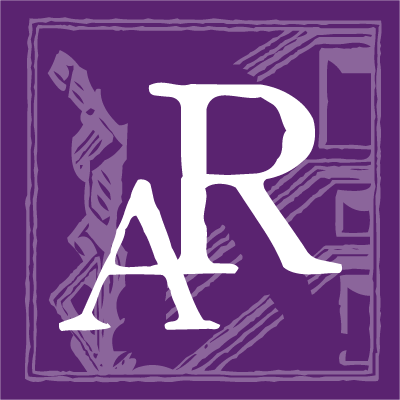The South American Institute for Resilience and Sustainability Studies (SARAS) was designed to generate critical points of view in order to collaborate with the construction of sustainable futures for South America, through the use of innovative approaches, the combination of disciplinary domains (social, natural, exact sciences), diverse knowledge, and the interaction of art and science.
SARAS is a network of networks, any researcher or artist interested in our theoretical approach can be part of them or propose new networks.
XI Annual SARAS Conference
21st, 22nd and 23rd September 2025
21st, 22nd and 23rd September 2025
XI Annual SARAS Conference
XI Annual SARAS Conference Artivist Con-science: Ecological Impacts and Transitions Environmental Humanities Cycle: Prof. Pablo Chiuminatto The Environmental Humanities Group invites you to a three-day gathering: on September 21 and 22 at the Maldonado headquarters of the South American Institute for Resilience and Sustainability Studies (SARAS), where, in addition to keynote talks, a World Poetry event will be held; and on September 23 at the Faculty of Information and Communication of the University of the Republic. The Group seeks to [...]
KEY CONCEPTS
Adaptive cycles and Panarchy
Adaptive cycles and Panarchy The origin of the adaptive cycles’ model derives from the comparative [...]
Resilience
Resilience The resilience of a system refers to its tendency to return to a particular [...]
Alternative regimes
Alternative regimes Systems can change their properties depending on external or internal controls, in linear or [...]
Rigidity or poverty traps
Rigidity or poverty traps Poverty and rigidity traps are systemic conformations that control the dynamics of [...]
Social-ecological systems
Social-ecological systems These are complex adaptive systems, in which human societies are embedded in nature. [...]

SARAS Institute is a joint initiative of Wageningen University (Netherlands), University of the Republic – UdelaR (Uruguay), Resilience Alliance, Ministry of Education and Culture (Uruguay) and Municipality of Maldonado (Uruguay).
SARAS maintains permanent links with:
- National University of San Luis (Argentina)
School of Sciences and Interdisciplinary Space; these last three institutions are based in Uruguay and belong to UdelaR.
It is a regional centre and draws on a strong cooperation with the scientific community of Argentina, Brazil and Chile, among others. It has also established close links with cooperation and funding agencies such as the National Science Foundation, the Ibero-American Programme for Science, Technology and Development (CYTED), the Pew Research Center, and the Interdisciplinary Space (UdelaR).














